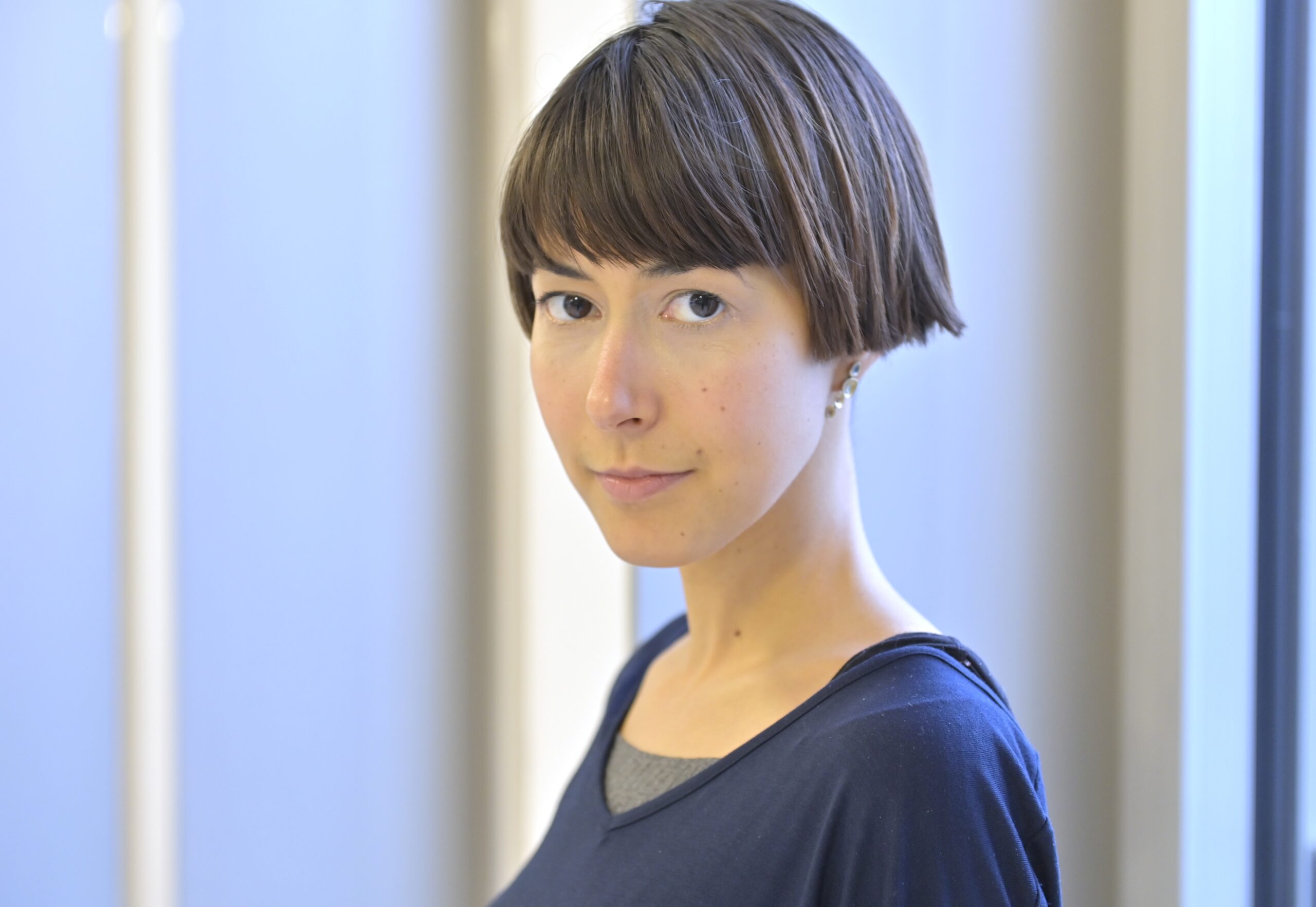
Anna Wanka studied sociology and law at the University of Vienna, where she finished her PhD in sociology in 2016. From 2009 to 2016 she worked as a junior researcher in the research group “Family, Generations, Life Course, and Health” at the Department of Sociology in Vienna. Between 2017 and 2021 she was a postdoctoral researcher in the DFG-funded interdisciplinary research training group “Doing Transitions” at Goethe University Frankfurt am Main, where she is now part of the consortium. In this group she worked on the project “Doing Retiring – The Social Practices of Transiting into Retirement and the Distribution of Transitional Risks” and contributed to the establishment of a broader practice-theoretical framework on transitions from childhood to later life. Between 2020 and 2021 she additionally held a postdoctoral position on Mixed-Methods Research at the University of Stuttgart. Between 2021 and 2022 she was a deputy professor of Political Sociology of Social Inequalities at the Ludwig-Maximilian-University in Munich. Starting in 2022, she is leader of a DFG-funded Emmy-Noether research group on “Linking Ages – The Socio-Material Practices of Un/Doing Age across the Life-Course”.
Anna Wanka’s areas of expertise comprise the social practices of ‘un/doing age’, life course transitions / retirement and the re/production of social inequalities across the life course, ageing and technologies, age-friendly cities and communities, ageing migrants, and lifelong learning. Theoretically she is specialized in practice theories, in which she was trained in the postgraduate programme “Sociology of Social Practices”, as well as through several international research fellowships. She is competent in both qualitative and quantitative methods and has high expertise in mixed-methods research.

The Castle
Unit 345
2500 Castle Dr
Manhattan, NY
